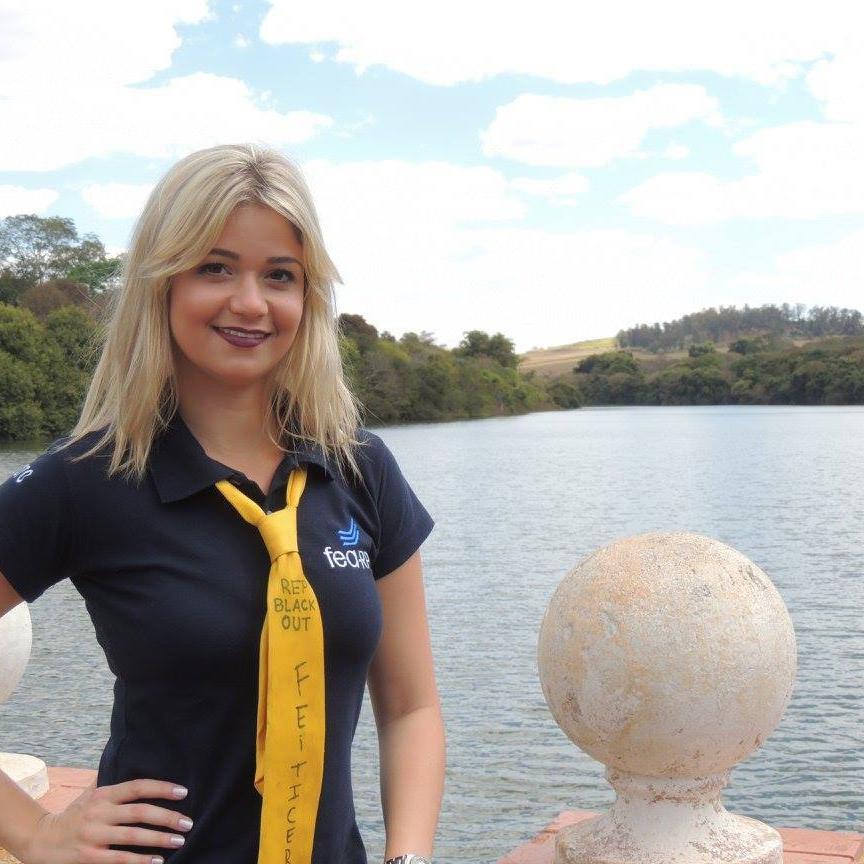Áreas de Atuação
Últimos blogs
10/02/2026 - 21:57
Valor Econômico
10/02/2026 - 21:53
Valor Econômico
Entre em contato
Av. Bandeirantes, 3900 - Sala 03
Monte Alegre - CEP 14040-905
Ribeirão Preto - SP / Brasil
FEA-RP / USP
+55 (16) 3602-0503










